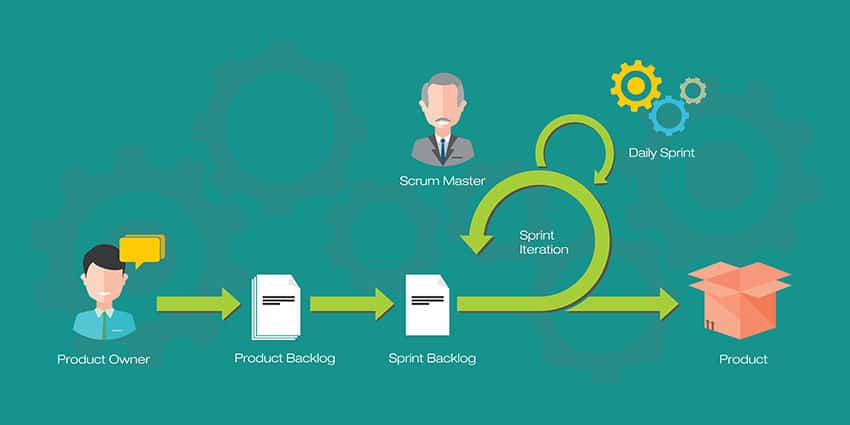In today’s workplace, managers are required to take on more responsibilities than their predecessors in previous decades. And many of those duties centre on motivating employees and maintaining (or boosting) productivity.
And while many qualities mark a good manager, one distinction that stands out is coaching. Despite the word’s sporting connotations, coaching is an art form that is very applicable in almost any professional environment. Which is why solid managers, well, manage, great managers often are also great coaches.
But what makes a great coach, and how can you apply this methodology into your own management practices? We’ve got you covered with the following suggestions.
Listen Twice as Much As you Speak
While this is a powerful practice for any manager to adhere to, it’s particularly integral for managers who endeavour to be great coaches.
While it’s difficult to get in the groove, aim to listen to your employees twice as much as you speak. And when you do listen to their struggles, conflicts or victories, practice active listening. Engage your empathy and try to put yourself in their shoes.
Listening more actively (and more frequently) also encourages more regular communication between employees and management. And clear communication is always key for building a successful working relationship.
Ask, Don’t Direct
Rather than issuing orders and constantly directing your underlings based on your own prerogatives. Instead, engage your workers by asking them questions. For example, start out a coaching conversation with a questions such as: “How would you like to grow this month?”
While your honed expertise means it’s tempting for you to always provide the answers, letting employees find their own answers is often a much more valuable learning experience. When you ask questions of your workers, you can help guide them to the appropriate solution instead of handing them the answer on a silver platter.
Build a Respectful, Trusting Relationship
While this suggestion isn’t exactly rocket science, this is a particularly difficult practice to implement consistently.
Healthy professional relations are built on a foundation of trust and respect, and while those are hard-earned, they’re easily lost. One way to achieve that level of trust is to be a supportive coach. Address conflicts and issues in private, and keep workers’ confidence. And rather than issuing warnings or reprimands, consider an approach of calming questioning and discussing any performance issues to arrive at a solution together.
For example, if you see an employee doing sloppy work, don’t just blindly scold them. Apply the suggestion above and ask them if they think there’s a better way to achieve their goals without losing sight of work quality. Try to genuinely understand things from their side.
When employees trust their managers, they’re much more likely to perform consistently and won’t need as many external motivators to maintain that productivity.






